11 Essential Vitamin Deficiencies You Can Spot (And Fix) with Your Diet
Ever felt worn out, sore, or just not your vibrant self—even when you’re doing your best to eat well? If so, you’re not alone. Our bodies are wired to send subtle hints when something’s missing, especially when it comes to essential vitamins and minerals. But here’s the good news: most of these clues can be spotted with a little self-awareness and kindness, rather than fear or judgment. Too often, we brush off tiredness, stubborn bruises, or moody days as part of modern life or “just getting older.” In fact, these everyday signals may be gentle nudges pointing toward simple, correctable vitamin gaps. The biggest hidden secret? You don’t always need complicated medical tests or supplements. With a mindful eye and a bit of know-how, you can often restore balance right in your kitchen. This isn’t about perfection or drastic overhauls. It’s about making small, sustainable shifts—choosing spinach with dinner, sneaking a handful of almonds into your day, or adding a slice of salmon when you can. In the next eleven sections, you’ll find empowering, actionable ways to spot common vitamin deficiencies that are especially relevant to US and North American diets. We’ll show you how to listen to your body’s wisdom, name what it needs, and gently guide it back toward renewed vitality—using foods you can find in nearly any local grocery store. Above all, remember: this journey is about feeling good in your own skin, at any age or stage.
1. Iron Deficiency: Tiredness You Can’t Shake
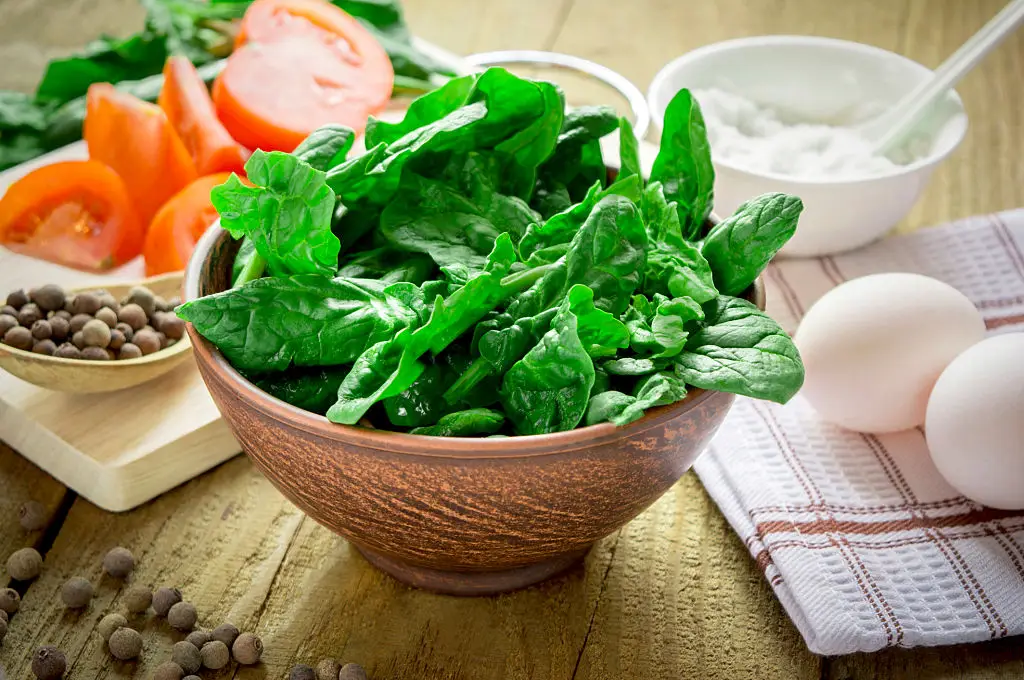
Have you noticed fatigue that lingers even after a full night’s rest? Do chilly hands, pale skin, or brittle nails keep showing up, no matter the season? Iron deficiency is the world’s most common nutritional shortfall, with women and vegetarians especially vulnerable. When your iron levels dip, your cells miss out on the oxygen delivery they need. Energy dips, you might feel lightheaded when you stand, and in some cases, you might even crave ice or notice your heart racing during mild activity. But food can be a powerful ally here. Lean beef, roast turkey, and chicken thighs deliver iron that your body absorbs easily. If you eat mostly plant-based, don’t worry—kidney beans, lentils, and especially spinach (steamed or sautéed, not raw) are also rich sources. A squeeze of lemon or a few strawberries alongside these foods can help your body pull in even more iron. Next time you feel rundown, notice your nails splitting, or the world just seems a bit more tiring, it might be your body whispering for an extra serving of iron-rich goodness.
2. Vitamin D Deficiency: Sluggishness on Cloudy Days
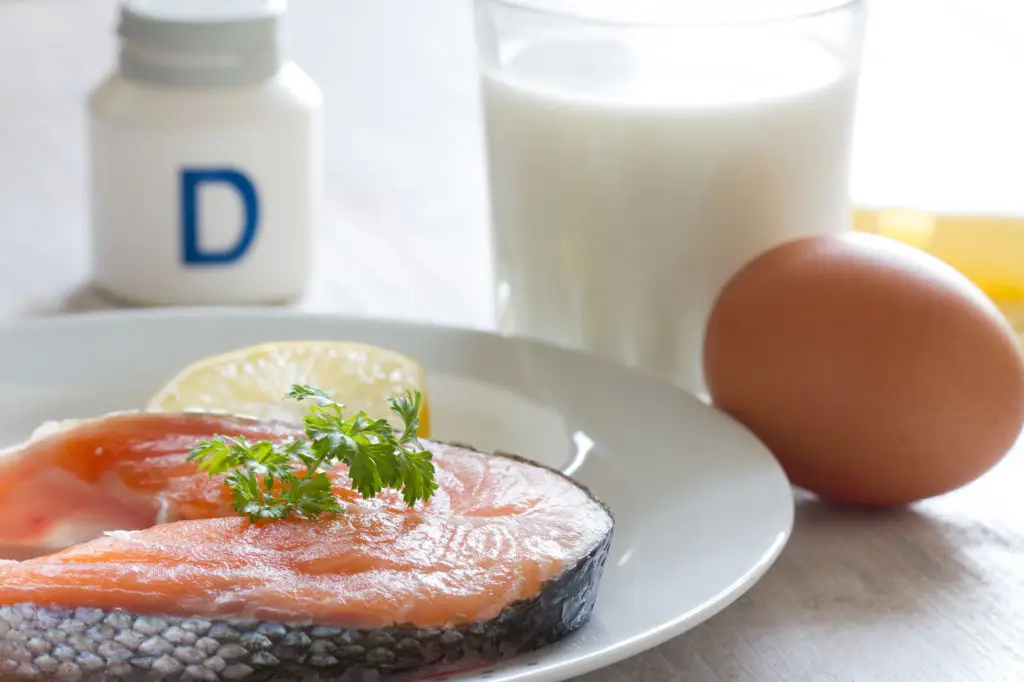
Feeling achy, low on energy, or just a little “blah” during the winter months? You could be low on vitamin D, especially if sunshine is in short supply. This vital nutrient powers strong bones, helps regulate your mood, and gives the immune system a boost—even helping your body fight off seasonal colds. If you find your muscles ache after everyday tasks or colds seem to stick around forever, take notice. Who’s at risk? People who spend most of their time indoors, have darker skin, or are over 50 tend to need more. While supplements are commonly recommended, you can also eat your way to better D. Salmon fillets, tuna, and sardines are top sources, as are fortified foods like dairy milk and some plant-based alternatives. And remember: just a short stroll in the midday sun—with forearms exposed, no sunscreen—for 10 to 15 minutes can give your body a real boost. Listening to your “sunny day” cravings might lead you to a delicious meal and better well-being.
3. Vitamin B12 Deficiency: Brain Fog and Tingling
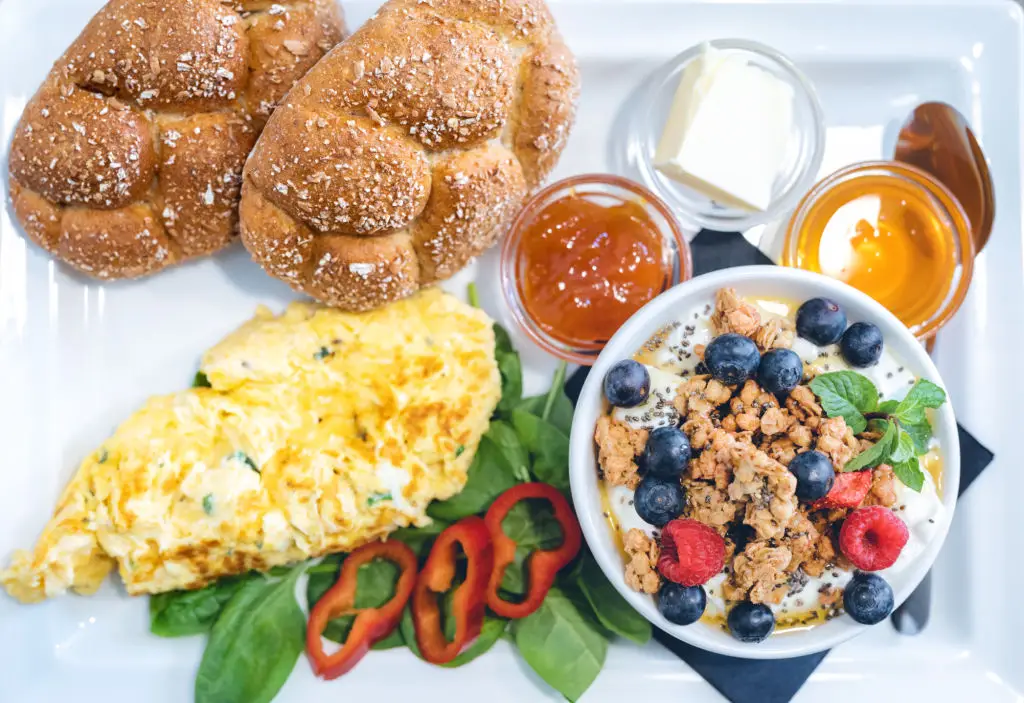
Find yourself forgetting names, fumbling for the right word, or feeling pins and needles in your hands or feet? These can be early clues that your vitamin B12 levels need a lift. This vitamin is the brain’s unsung hero—critical for mental clarity, energy, and a healthy nervous system. Vegans, those over 60, and anyone with digestive issues are at higher risk since B12 is found mostly in animal foods and gets harder to absorb with age. Luckily, your morning breakfast spread might be the fix. Start with scrambled eggs, low-fat chicken sausage, or a generous scoop of Greek yogurt. Fish, milk, and fortified cereals can also keep your B12 reserves strong. If numbness, brain fog, or unexplained fatigue won’t let up, take it as a gentle reminder to invite more B12-rich foods onto your plate—and check with a healthcare provider if these symptoms persist.
4. Calcium Deficiency: Achy Muscles and Weak Nails
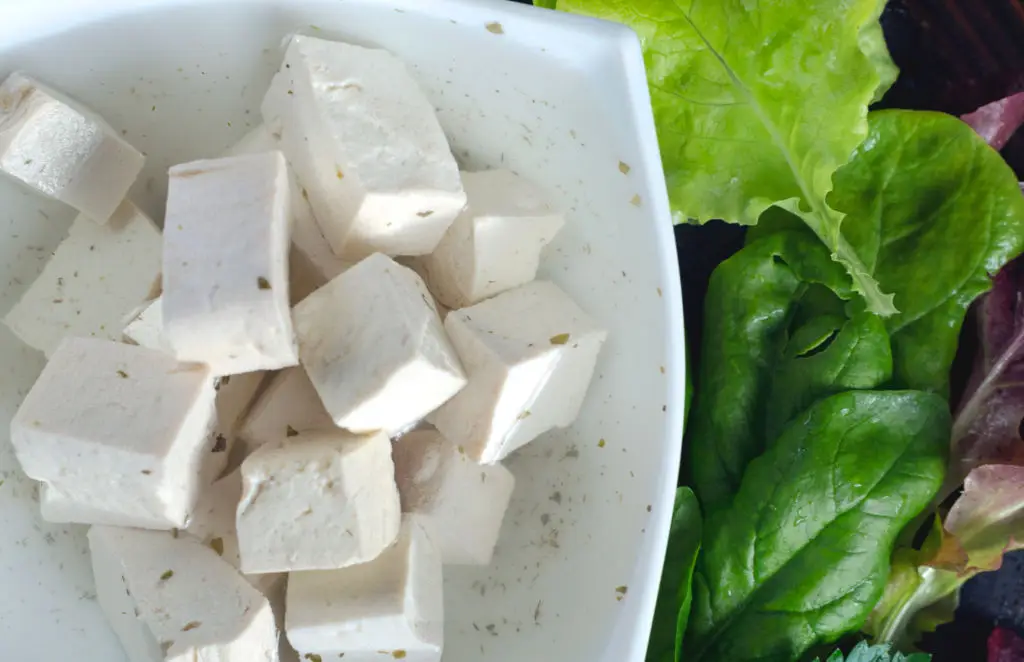
Are your muscles cramping unexpectedly or do your nails seem to split easily? Calcium doesn’t just keep bones strong—it also fuels steady muscles and a healthy heartbeat. While you might think of milk and cheese first, not everyone can (or wants to) get their calcium from dairy. Teens, older adults, pregnant women, and those steering clear of milk all have to work harder to meet their needs. Beyond milk and cheese, look for leafy greens like kale, collards, and broccoli. Tofu, especially “calcium set” varieties, is another gentle powerhouse. Canned salmon with bones adds a boost for those who eat fish. Pair these foods with a source of vitamin D (such as by eating them at lunch with a bit of sunlight) for best absorption. If your legs ache after a short walk or your nails flake no matter what lotion you use, think of it as your body’s way of asking for extra calcium care.
5. Vitamin C Deficiency: Bruises That Linger
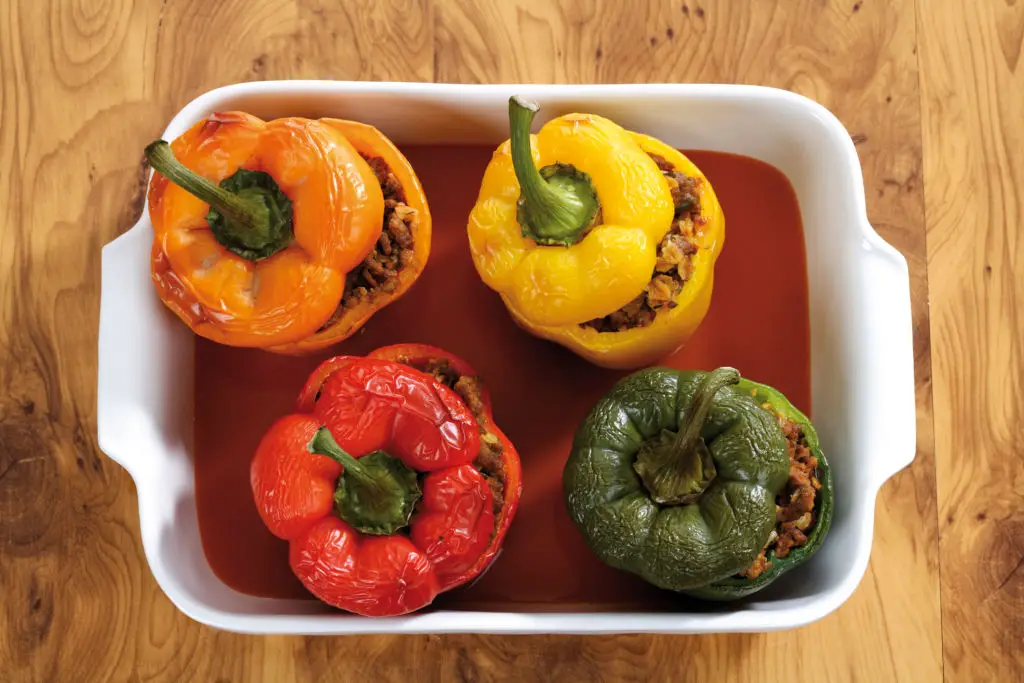
Do small bruises seem to stick around much longer than they should, or do your gums bleed after brushing? Vitamin C is your body’s repair expert, crucial for keeping blood vessels, skin, and immune cells strong. Smokers, older adults, and anyone whose plate is light on fruits and veggies may be running low, sometimes without realizing it. The fix is joyfully simple. Oranges and strawberries are classics, but bell peppers, broccoli, and kiwi can deliver just as much—sometimes even more—C per cup. Try tossing fresh red pepper strips into salads, or blend a handful of berries into your yogurt. If scrapes and cuts heal slowly or you find yourself fighting one cold after another, your body might be gently nudging you toward more colorful, vitamin C-rich produce.
6. Folate (B9) Deficiency: Constant Weariness
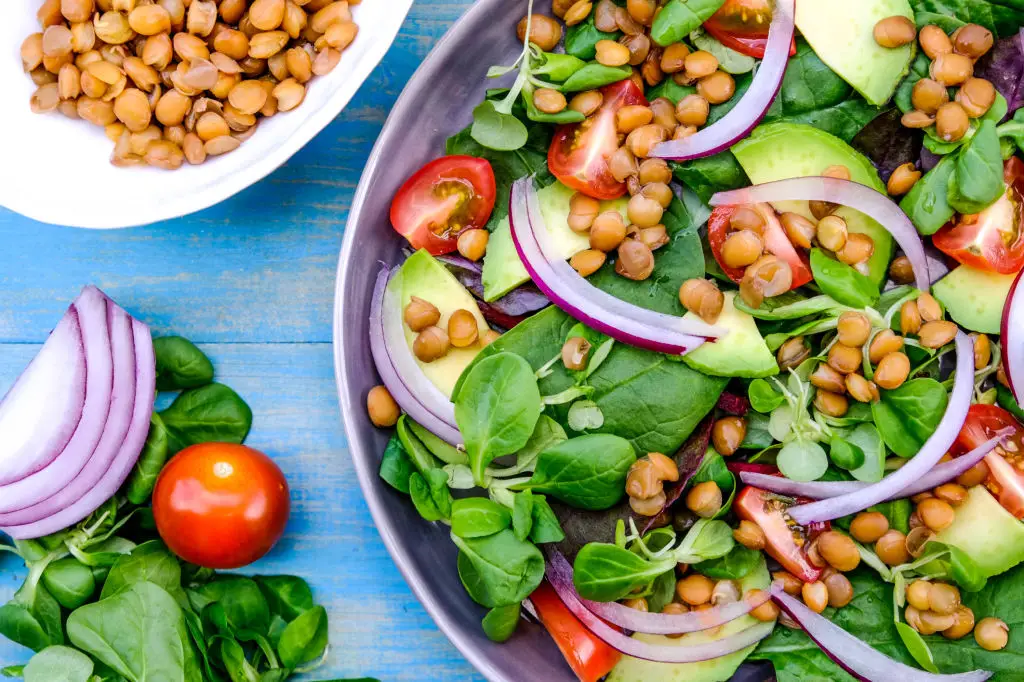
If you wake up tired, notice more gray hairs popping up early, or spot small ulcers inside your mouth, consider folate (vitamin B9). Essential for forming new cells and keeping your energy steady, folate is especially vital during pregnancy and for anyone who enjoys the occasional glass of wine or beer. Deficiency can also occur with certain medications or digestive issues. Adding lentils, black beans, and spinach to your meals can work wonders. Other hidden gems: avocados and oranges. Folate is plentiful in leafy greens, especially if eaten lightly steamed or raw. A turkey and spinach wrap, avocado toast, or a lentil salad are easy, satisfying ways to support your folate intake. If weariness won’t let go despite plenty of sleep, or you struggle with recurring mouth sores, take it as encouragement to add more folate-rich foods to your daily routine.
7. Magnesium Deficiency: Restless Nights, Leg Cramps
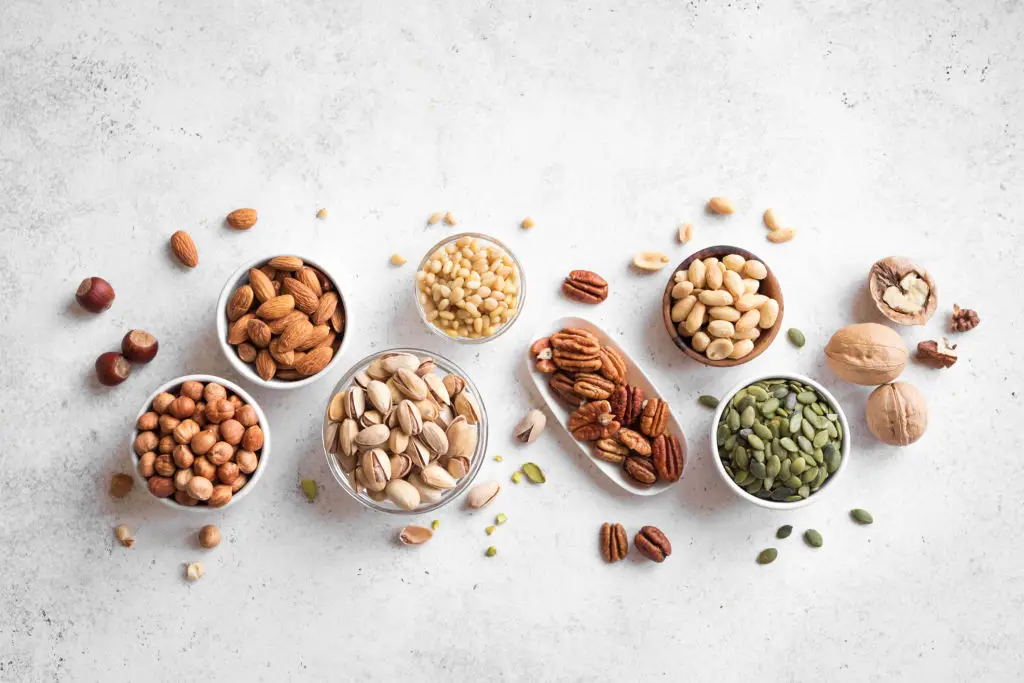
Experiencing stubborn leg cramps, twitchy eyelids, or tossing and turning at night? Magnesium helps with muscle relaxation, steady nerves, and even quality sleep. Depleted by stress, certain medications, and by limiting whole grains and nuts, it’s often overlooked as a cause for nagging discomfort. Try snacking on a bowl of almonds, add pumpkin seeds to your morning oatmeal, or sprinkle black beans into a wrap for a satisfying, naturally magnesium-rich meal. Whole wheat bread, spinach, and dark chocolate (yes, really!) are also helpful options. If your body feels tense or sleep just isn’t refreshing, these gentle dietary changes might bring needed relief—offering calm support with each bite.
8. Vitamin A Deficiency: Trouble Seeing in the Dark
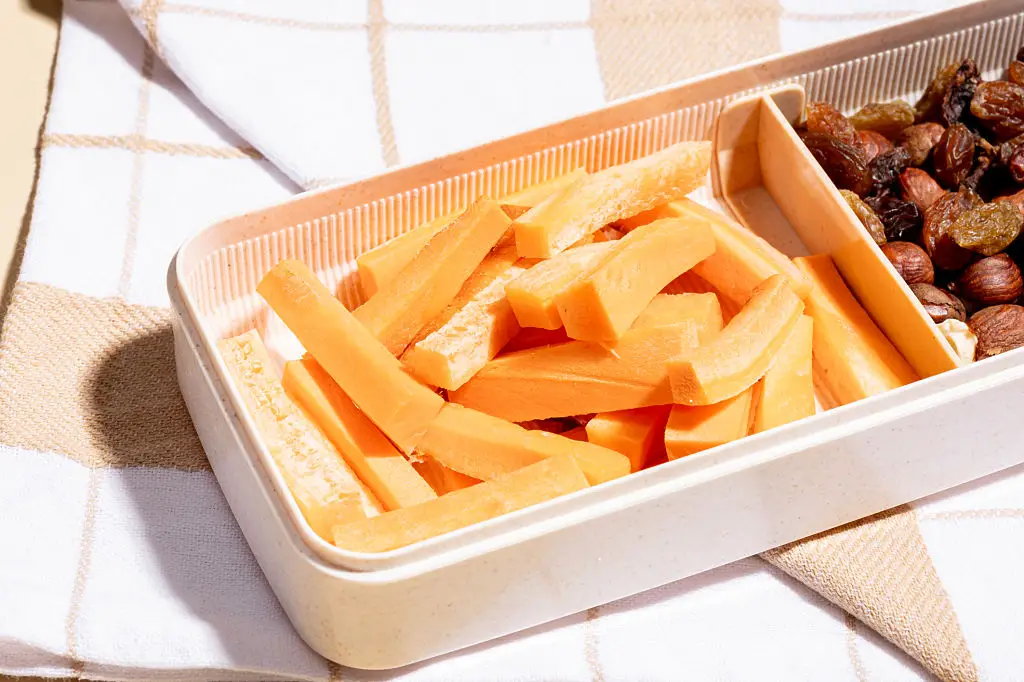
Noticing that night driving has become more of a challenge, or eyes feel painfully dry late in the day? Vitamin A is essential for eye health, skin’s natural glow, and even preventing certain types of infections. While rare in North America, those who skimp on colorful veggies or have chronic gut issues could be at risk. Classic foods like carrot sticks, roasted sweet potatoes, and butternut squash are convenient options packed with beta-carotene (a form of vitamin A). Eggs and dairy are helpful too, and don’t forget leafy greens—the rule “eat the rainbow” really applies here. If fatigue, vision changes, or persistently dry eyes become frequent companions, invite vibrant, vitamin A-rich produce onto your plate. Your eyes, and your skin, may thank you.
9. Vitamin E Deficiency: Tingling Hands, Fading Immunity
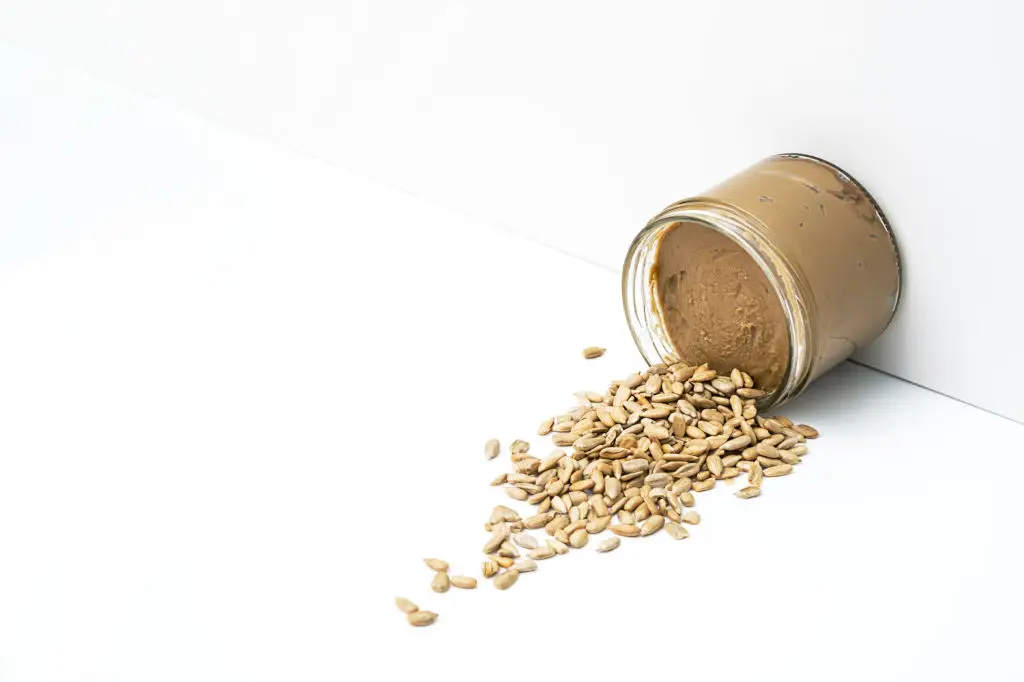
Are your hands or feet tingling, or do you battle frequent colds? Vitamin E is your defense against cellular “wear and tear,” keeping nerves and immunity strong. While deficiency is uncommon, it can affect people with fat-absorption disorders or very restricted diets. Reach for sunflower seeds scattered over oatmeal, swap in almond butter for peanut butter on whole grain toast, or even snack on a handful of hazelnuts for a boost. Vegetable oils (like sunflower or safflower oil) can be a subtle, helpful addition when used in home cooking. If illnesses linger or numbness creeps in, it might be your body asking for richer, more varied sources of vitamin E in your meals.
10. Vitamin K Deficiency: Bruise or Bleed Easily
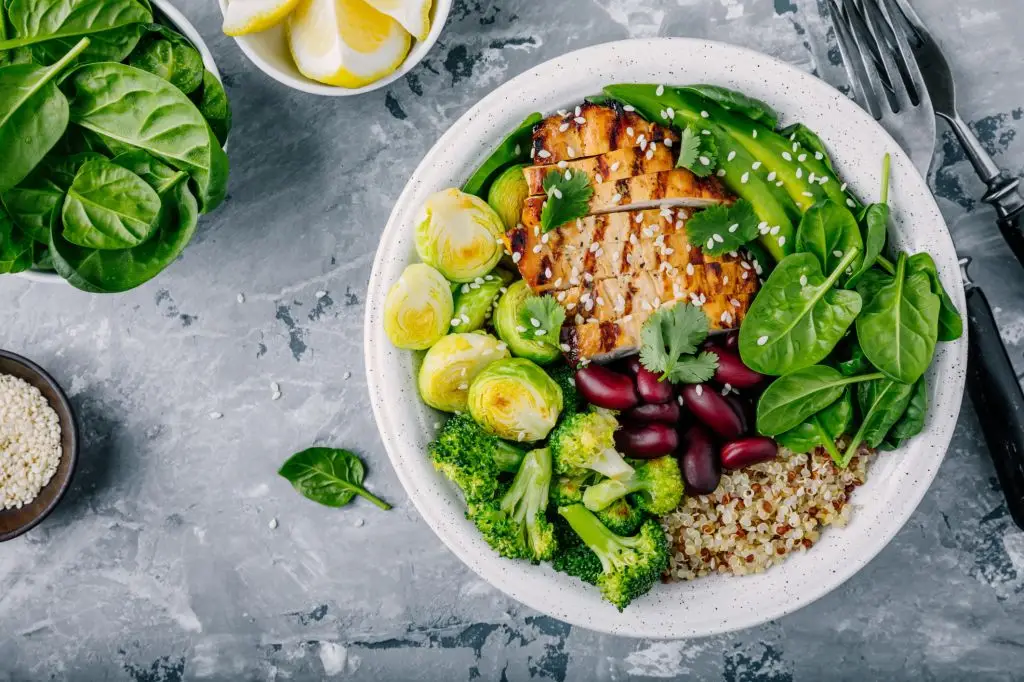
If bruises pop up with the lightest touch or nosebleeds become a new nuisance, vitamin K could be running low. This vitamin is vital for clotting—your body’s own “brake” on small bleeds. Those on certain medications or who have digestive conditions may need extra attention. Broccoli tossed with a splash of olive oil, lightly steamed spinach, and roasted Brussels sprouts are all simple, delicious ways to up your K intake. Soybeans, parsley, and green beans also step in when you need variety. Small food swaps—such as adding a handful of greens to pasta—can help your body keep minor bumps and scrapes in check. If you notice changes in your bleeding or bruising patterns, it’s always wise to have a conversation with your healthcare team.
11. Zinc Deficiency: Dull Taste, Sluggish Healing
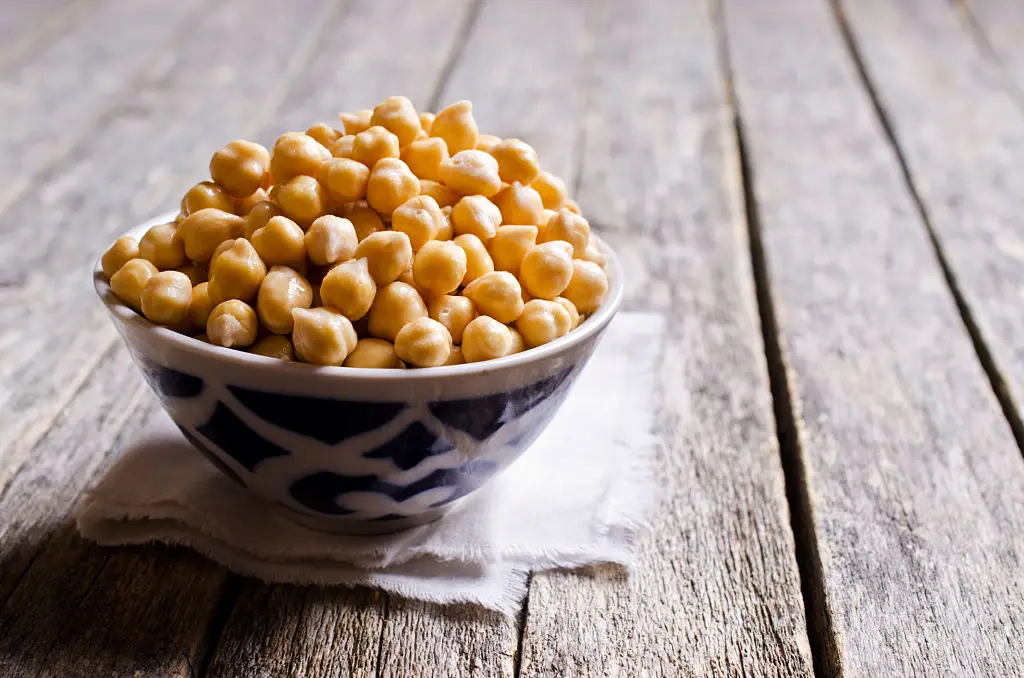
If food has lost its punch or you’re struggling with wounds that stubbornly refuse to heal, low zinc could be the culprit. Zinc powers more than 300 enzymes in your body, supporting your senses of taste and smell, healing skin, and even healthy growth. Lean beef and pork offer concentrated zinc smarts, but vegetarians can rely on chickpeas, pumpkin seeds, and lentils. Stir chickpeas into a hearty stew, prep a pumpkin seed trail mix, or add seafood like crab or oysters as occasional treats for zinc variety. If hair seems thinner, skin isn’t repairing as quickly, or taste just feels flat, try making these gentle food changes—and remember, improved well-being can be just a meal or two away.
Your Body’s Messages: Nourish and Thrive

Your body isn’t trying to complicate your wellness—it’s simply asking, as kindly as it knows how, for a helping hand. Each ache, slow-healing scrape, lost spark of taste, or night of restless sleep is an invitation, not a judgment. Touching base with your nutritional needs doesn’t mean chasing perfection; it means honoring yourself with a little patience and a lot of curiosity. Changing your diet doesn’t have to be overwhelming or expensive. Even one extra serving of leafy greens this week, swapping in beans for meat once or twice, or simply noticing how you feel after a breakfast rich in eggs or fruit can make a meaningful difference. Remember that persistent or severe symptoms deserve a healthcare professional’s guidance—because sometimes, what looks like a subtle nutrient gap can signal a bigger story. Above all, enjoy the adventure of discovery. Wellness is a work in progress, and every small, compassionate adjustment is a gift you give yourself. Treat your meals as acts of self-care, your grocery list as an invitation, and your health as something you shape lovingly, day by day—no pressure, just steady progress toward feeling your best.